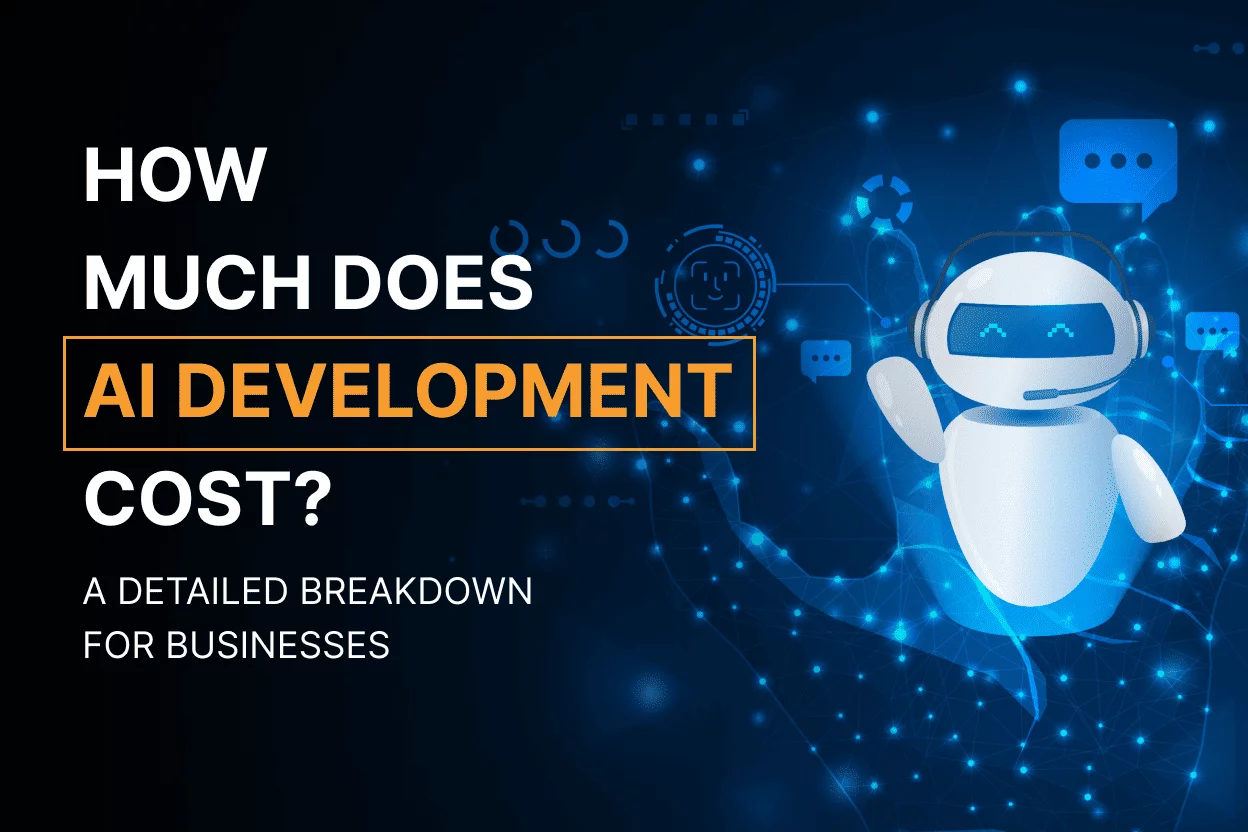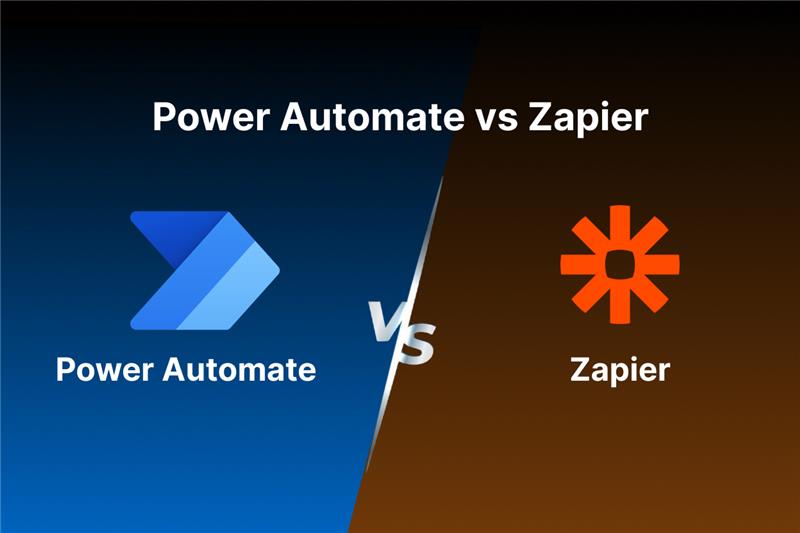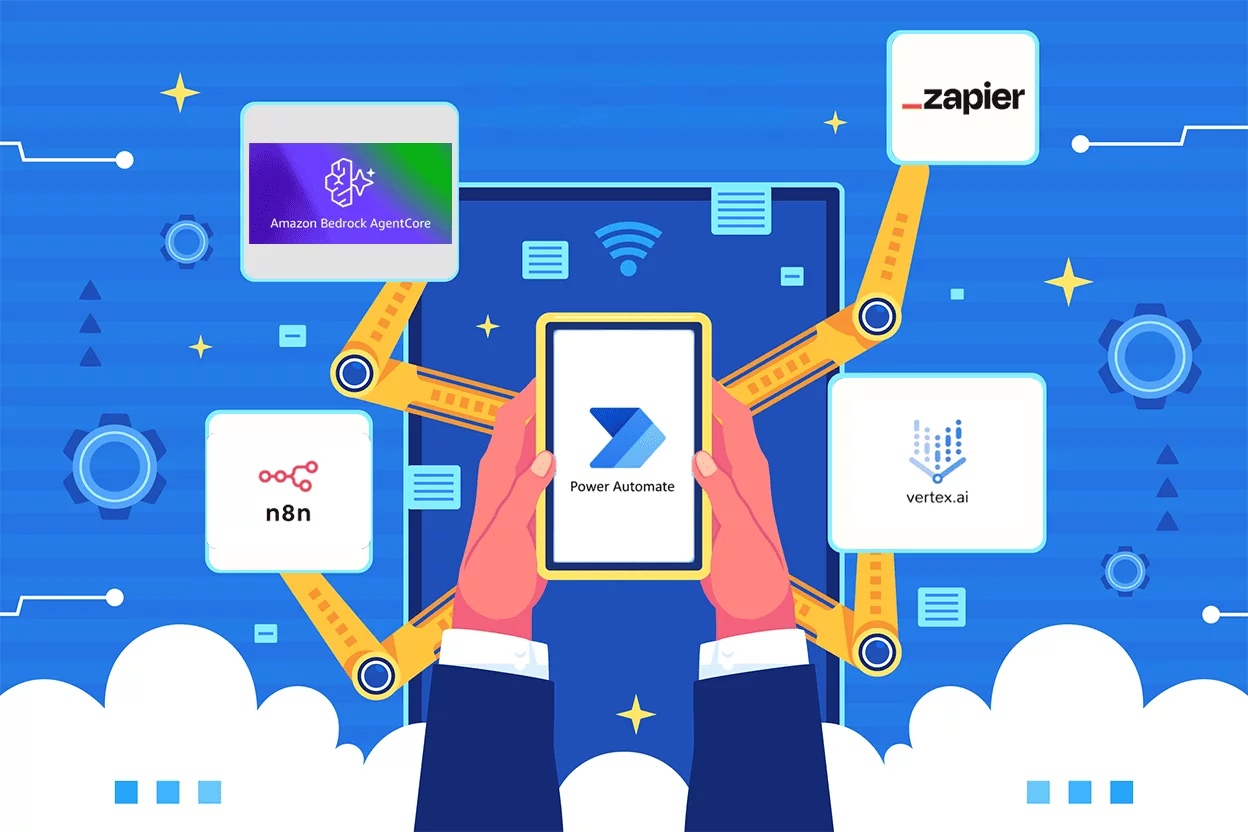What if your fitness app could personalize workouts like a personal trainer on demand? As AI transforms the wellness space, fitness mobile app development offers founders a golden opportunity to create intelligent, scalable fitness solutions.
Statista reported that fitness apps are on a steady growth trajectory, with global revenues forecasted to hit $8.3 billion in 2025, growing to $10.06 billion at a 4.91% CAGR by 2029. During this period, user penetration is projected to increase from 12.21% to 13.21%.

The surge is particularly evident, especially after the COVID-19 pandemic, which fast-tracked the shift to digital fitness, making innovation more urgent than ever.
This guide covers the key steps involved in creating an AI-powered fitness app – from ideation to launch. Whether it’s exploring product development or cloud integration, Intelegain helps founders turn their visionary ideas into market-ready digital experiences that drive measurable ROI.
How AI Is Transforming the Future of Fitness App Development
AI has proved to be a game-changer for fitness apps. With advancements in fitness mobile app development, it is like having a smart coach in your pocket, enabling personalized workouts, real-time feedback, and adaptive coaching. It analyses biometric and behavioral data to tailor fitness plans, enhance engagement, and optimize health outcomes.
“The future of AI is not about replacing humans, it’s about augmenting human capabilities.” — Sundar Pichai, CEO of Google
Let us understand the impact of AI through a compelling real-world example:
Freeletics, a leading AI-powered fitness app, has over 40 million users across 160+ countries. Its AI coach designs personalized workout plans based on user goals, fitness level, and progress. The best thing about the app is that it adapts in real time, offering thousands of HIIT variations, gym routines, and running workouts. There are more than 20 “Training Journeys” available to the users to choose from, with each tailored to different fitness objectives, making workouts flexible, effective, and engaging.
Challenges Founders Face in AI Fitness Apps Development
While launching an AI-powered fitness app is exciting, it’s not without its challenges. Founders usually start strong, only to run into unexpected roadblocks later that slow down progress, inflate costs, or weaken product-market fit. Understanding these hurdles is the first step to overcoming them. So, let’s now explore how to make a fitness app by following a structured development process:

1.Balancing Innovation with User Simplicity
Founders may face challenges in striking a balance between cutting-edge AI and simple design. Introducing a highly technical interface can backfire, since this might drive the users away. A 2025 AppsFlyer report found that 46.1% of fitness apps are uninstalled within 30 days of installation due to poor usability or lack of clear value.
2.Data Collection and Privacy Concerns
In fitness mobile app development, AI is driven by data, yet sensitive health information demands caution. With early measures around privacy and compliance, founders will be able to avoid legal or reputational risks later.
3.Integrating AI That Actually Works
Just calling your app AI-powered is not enough. Although it may sound impressive, users expect smart personalized insights and progress tracking. Without rich fitness data, startups fall short.
4.Competition and Differentiation
To stand out in a crowded fitness app market, instead of a feature checklist, AI must deliver real value through resolving pain points. Apps that prioritize coaching and accountability over flashy features win and earn lasting trust from users.
5.Monetization Pressure and Scaling Issues
Even if the app is great, it may still struggle to monetize, because users often hesitate to pay for features that they don’t immediately see as valuable. Plus, scaling AI for speed and personalization demands robust, reliable infrastructure along with significant investment.
Core Steps to Develop An AI-Powered Fitness App
Let’s take a closer look at the key steps involved in AI-powered fitness application development, from initial planning to post-launch optimization:

Step 1: Defining Value Proposition and Target Audience
Before building your AI-powered fitness app, define clearly what makes it valuable and who it’s for. Are you helping busy professionals stay active, or guiding beginners through personalized workouts? When you have clarity on your core offering and an understanding of the ideal user helps shape features, messaging, and design. This ensures your app solves a real problem for the right audience from day one.
Step 2: Choosing the Right AI Capabilities
To make the app feel more user-friendly and appear as a supportive coach, it is essential to pick the right AI features carefully. Founders must focus on aligning AI capabilities, like workout recommendations, real-time form feedback, and nutrition tracking, as well as progress prediction according to the user’s needs and app goals.
Here, the goal is to leverage AI, such as computer vision or machine learning (ML), which genuinely supports users in their fitness journey. The whole point is the app should help them stay motivated by recognizing their unique fitness needs – that’s what keeps users coming back and staying involved.
Step 3: Building Technical Architecture
Building a robust technical architecture starts with a scalable backend that supports real-time data processing and AI workloads. For that, choose cloud services that offer flexibility and security. Additionally, integrate APIs for wearables, fitness trackers, and payment gateways. Also, focus on prioritizing speed, reliability, and modular design to future-proof your app as it grows.
Step 4: Collecting and Integrating Quality Data
Quality data is the foundation of every successful AI-powered fitness app. It requires gathering varied inputs from wearables, user details, exercise history, and dietary habits. Next, as a founder, you have to make sure the data is accurate, consistent, and ethically obtained.
When the integration is seamless, it allows your app to offer tailored suggestions, smart progress monitoring, and predictive insights that truly support users in reaching their fitness milestones.
Step 5: Training, Testing, and Optimizing AI Models
By feeding high-quality data, you have to train the AI models. To make sure they learn effectively, test them rigorously, and evaluate their performance to identify areas that need improvement.
For optimization, continuously validate and fine-tune parameters. This is a crucial step, since it helps reduce errors and refine results for greater accuracy. This cycle ensures your AI delivers reliable, personalized outcomes, be it powering recommendations, automating routine tasks, or driving smarter decision-making across your application.
Step 6: Prioritizing Privacy and Compliance
Safeguarding user data must be your top priority. Strengthen privacy by deploying secure encryption methods, reliable storage solutions, and clear and transparent policies. Maintaining regulatory compliance is of utmost importance, with global frameworks like GDPR, HITECH, HIPAA, CCPA, and others.
Remember, building trust means respecting user consent, minimizing data collection, and staying audit-ready. By embracing a privacy-first approach, you will not only safeguard users but also strengthen your brand’s credibility and position it for long-term success.
Step 7: Deploying, Monitoring, and Iterating
Bring your AI solution to life with a thoughtful launch strategy, followed by careful monitoring of performance through real-time analytics and user responses. Next, identify what’s working and where improvements are needed.
Once gaps are clear, iteration is key, involving refining features, retraining models, and enhancing user experience continuously. With this agile approach, the AI stays relevant, effective, and aligned with evolving user needs and expectations.
Step 8: Post-Launch Support and Maintenance
Ongoing maintenance after launch ensures your fitness app stays reliable, secure, and user-friendly. Along the way, regular updates are vital for fixing bugs, improving performance, and introducing new features based on user feedback. Post-launch monitoring helps catch issues early on, while adapting to evolving tech and user needs keeps your app competitive and continuously delivering value.
How AI Integration in Fitness Apps Drives ROI
AI integration brings a smart edge to fitness apps by turning them into adaptive platforms. The app learns from user behaviour, boosting satisfaction and loyalty while delivering measurable returns. By offering smart tools like tailored workouts, proactive health advice, and instant feedback, fitness apps make users feel seen and supported, leading to retention.
Behind the scenes, AI optimizes operations and enables data-driven decisions, reducing costs and improving scalability. The synergy of these features leads to higher lifetime value per user and opens up new monetization opportunities, ultimately maximizing ROI.
Integrating Agentic AI into Fitness Mobile App Development
Agentic AI isn’t just smart – it’s the spark that’s redefining how machines think, act, and transform our world. When developing an AI-driven fitness app, founders can leverage Agentic AI solution to embed autonomous decision-making and adaptive personalization. Instead of waiting for user prompts, Agentic AI proactively adjusts workout plans, monitors performance trends, and delivers real-time coaching based on individual fitness trajectories.
With Agentic AI, fitness apps’ experience transforms through adaptive workouts, personalized nutrition. By leveraging it, apps can provide real-time coaching, motivational nudges, and scalable wellness – delivering intelligent, autonomous support tailored to every user’s evolving health journey.
How Intelegain Supports Founders in Building AI Fitness Apps
Intelegain empowers startup founders to transform AI fitness app ideas into robust, user-friendly platforms. From calorie tracking to sleep monitoring, we build intelligent solutions that rival top apps like Healthifyme and CultFit. Our collaborative approach ensures seamless integration for nutritionists and users alike, delivering a complete health experience that’s scalable, intuitive, and results-driven.
Ready to build your AI-powered fitness app? Reach out to us to turn your vision into a high-impact product that users love. Let’s create something extraordinary – start your journey today.
FAQs
Leveraging AI in fitness apps enables hyper-personalized workouts, real-time feedback, and adaptive coaching by analyzing user data, biometrics, and behavior patterns to achieve optimal outcomes.
Fitness apps with AI capabilities analyze user data to provide real-time feedback, smart scheduling, customized workouts, and adaptive health insights.
With an AI-powered fitness app, users get smart workout recommendations that personalize training. It adapts to your training target, tracks progress, and gives real-time feedback. The integration of AI technology enables smarter personalization by learning your habits to keep routines engaging and effective.
AI enables scalable personalization, reducing the need for human trainers while improving user satisfaction. Features like real-time feedback, adaptive workouts, and predictive analytics boost engagement, which translates into better monetization through subscriptions, in-app purchases, and partnerships.
To truly maximize ROI after launching your AI fitness app, go beyond downloads. Focus on turning free users into loyal subscribers with smart upsells, team up with wellness-focused brands, and spark buzz through influencers. To boost ARPU and long-term user retention, diversify your revenue sources by using affiliate sales, branded merchandise, and tiered subscriptions.
Let’s Build Digital Excellence Together












